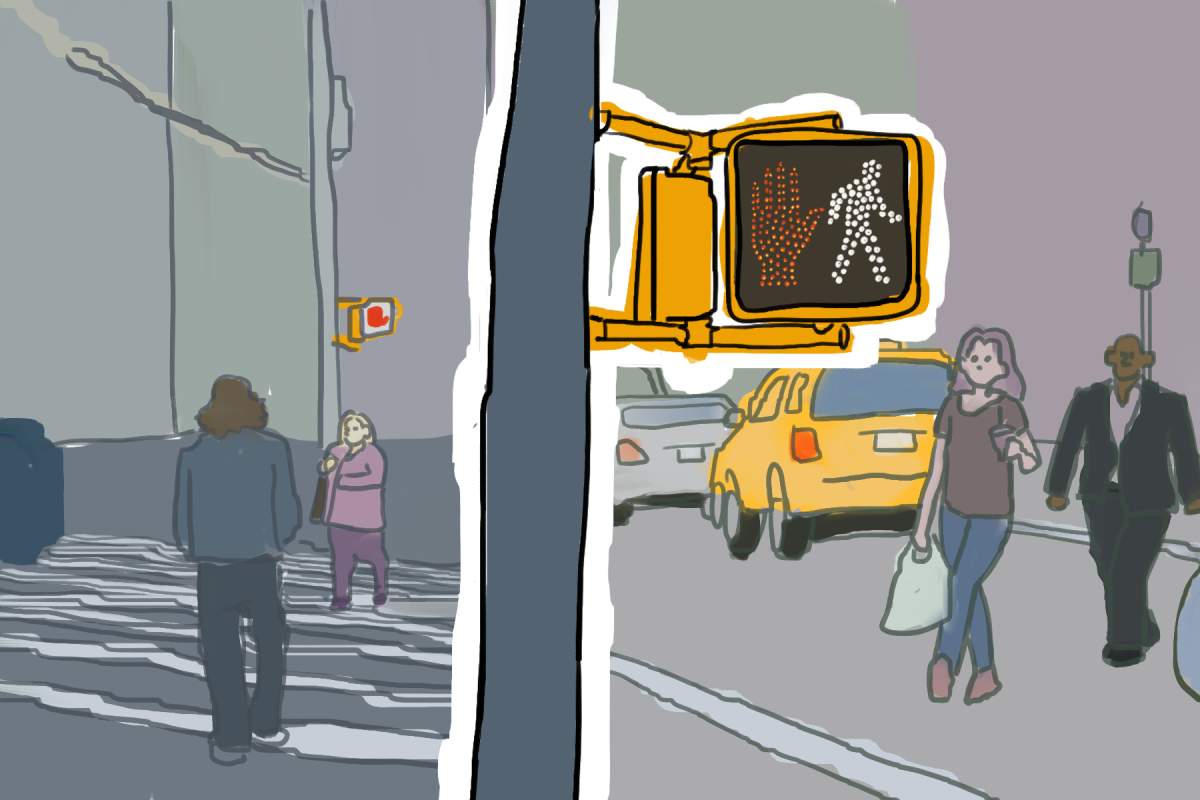The Rise of the Right in Germany… and Probably The Entire Western World
October 13, 2017
Two weeks ago, the German Federal Election was held, where one of the most unexpected events happened in German politics. Alternative für Deutchland — the right-wing German party — won 94 seats in the German federal assembly known as Bundestag. The party is popularly known for its support of German nationalism, opposition to the European Union and retaliation against Germany’s open-border immigration policies. It is the first time a right-wing party has ever had such political power in Germany. So why am I not startled by this outcome and probably won’t be surprised if other countries like France, Sweden, Italy and even Canada (yes, Canada) go much further to the right side of the political spectrum?
The rise in global terrorism, the refugee crisis and the euro crisis have all led people to change their political views toward the right. But that change became more representative of how poorly established governments handled these issues. France’s far-right candidate, Marine Le Pen, may not have been elected, but for the first time none of the presidential candidates were from the two biggest mainstream parties. The Republicans (right-wing) and the Socialists (left-wing) only had 26 percent of the total vote in the first round of the 2017 elections, the lowest in decades. In 2012, the total vote for those parties was 65 percent.
Especially with younger generations going through times of terrorism the older mainstream policies are just not going to take the cake. They want different policies for these different times — if the established government does not provide them, then they will find alternative rhetoric and methods to follow. In Europe’s case, I think the most common reason to divert into nationalism and right-wing ideologies is the increased resentment of the economic and political power of the EU down to its member states — hence you get things like Brexit. The collectivist authority of the globalized state overriding the authority of the national state, then going all the way down to the individual has increased this resentment and this new appeal to nationalist ideals.
But the problem with this is that as right-wing parties continually criticize the collectivist ideals of the left such as the EU, open borders, sanctuary cities and multi-culturalism, they do not shy away from their own collectivist methods as well. They hate globalized states such as the EU controlling the individual and yet the solution is to become nationalists, reducing the state’s authority over its citizens just one level down.
This paradox that we see is present, no doubt, but the pressing issue is that with times changing and people changing we have no choice but to evaluate the ideas of both the left and the right in accordance to the problems we are facing today so that we can progress and not regress; or we might as well ignore the problem and let radical ideologies rise with its atrocities as it has done historically.
Opinions expressed on the editorial pages are not necessarily those of WSN, and our publication of opinions is not an endorsement of them. Email Mert Erenel at [email protected].



























































































































































